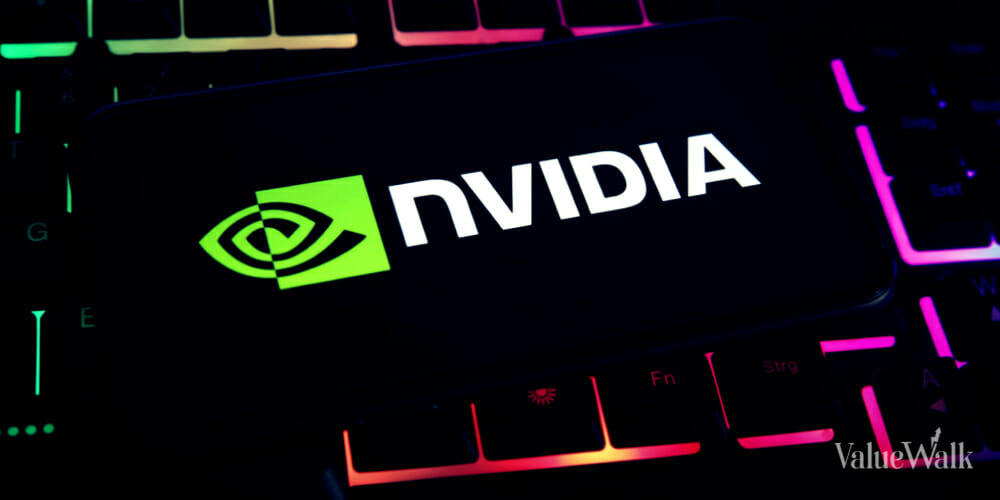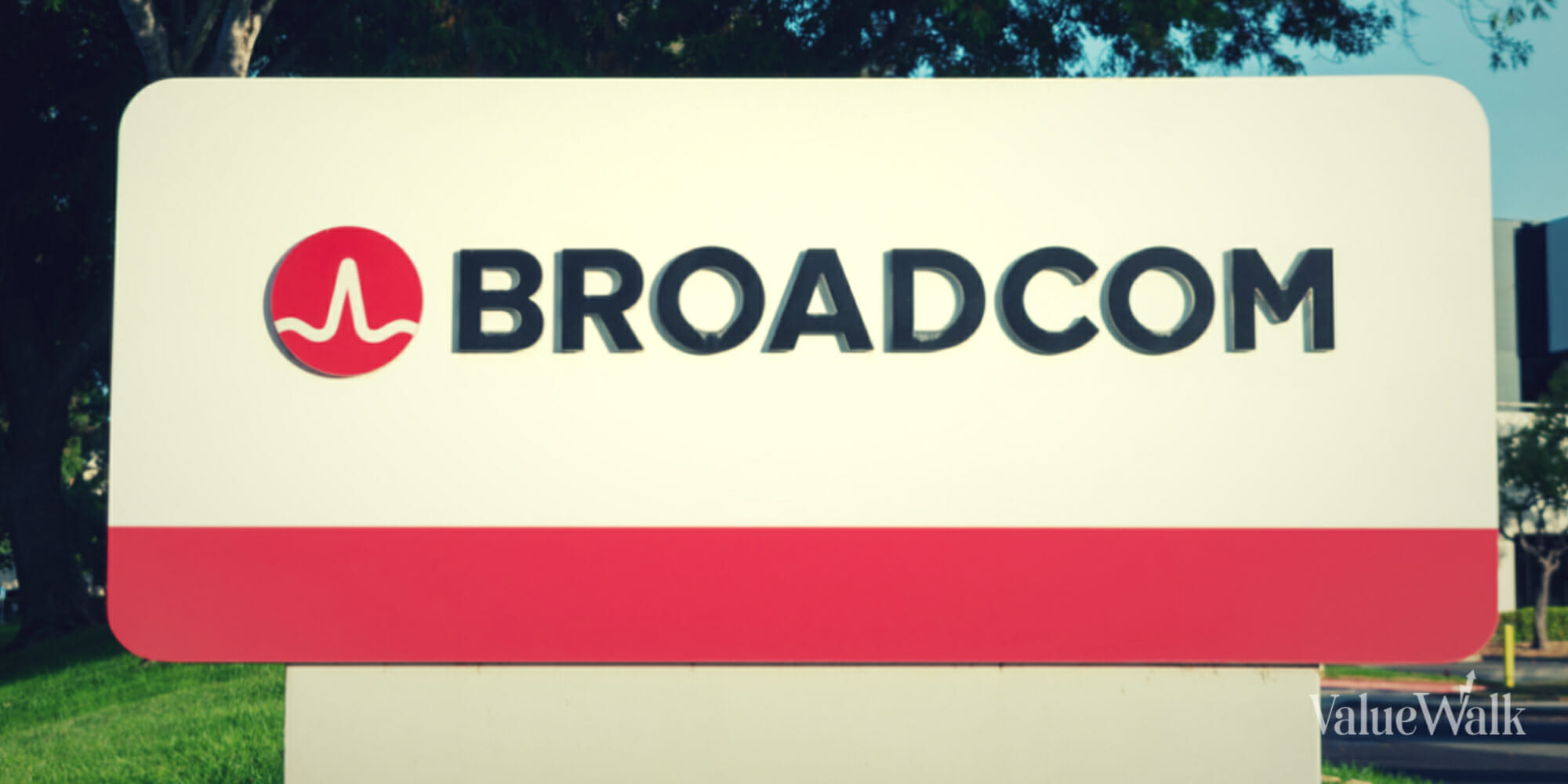Top 10 technology stocks

Technology stocks have led the market for the past 30 years since the Internet era began. Take a look at the performance of the Nasdaq 100, an index comprised primarily of technology stocks, over the period. This index is considered the ultimate indicator of the sector.
The NASDAQ 100 has recorded an average annual return of 13.9% since May 20, 1994, and the S&P 500 has recorded an average annual return of 8.5%. Of course, technology has changed over the years.
Although we have moved through the digital age and into what we now call the AI age, the dominance of the technology sector in the market has not changed. Over the past 10 years, the Nasdaq 100 has returned an average of 17.8% per year, easily outpacing the S&P 500, which has returned 10.9%.
Technology stocks can certainly be more volatile, but they have certainly performed well over the long term, both annually and in the short term. Looking ahead to the next decade or so, no one can know for sure what the future holds.
But given that we’re moving deeper into the digital age and artificial intelligence (AI) technology, the technology sector as a whole should still be dominant, and these 10 stocks are the best ones right now.

1. Microsoft: Average annual return 26.8%
Microsoft (NASDAQ:MSFT) has expertly completed its second-generation transition under CEO Satya Nadella, and may now be a much stronger company than it was in the past. Over the past few years, Microsoft has surpassed Apple as the world’s largest company by market capitalization.
We have also successfully transitioned from software and personal computing to becoming a leader in cloud computing and AI. Over the past decade, Microsoft stock has returned an average of 26.8% annually, making it one of the best-performing “Magnificent Seven” stocks.
With its leadership in intelligent cloud computing, the company has gained market share over Amazon and is well-positioned to continue growing as a key leader in the AI arms race.

2. Amazon: 10-year average annual return 28.7%
Amazon (NASDAQ:AMZN), one of the world’s largest e-commerce retailers, is generally considered a retail stock, but at its core, it’s a technology stock. The company’s groundbreaking technology established it as the first majorly successful online retailer and a leader in cloud computing through its Amazon Web Services (AWS) business.
While Microsoft is making gains in the cloud and Alphabet is strengthening its cloud technology, Amazon still holds about a third of the market.
Over the past decade, Amazon stock has performed significantly better than Microsoft, with an average annual return of 28.7%, and as the market leader in both businesses, Amazon will likely dominate both for years to come.

3. NVIDIA: 10-year average annual return of 70.1%
No large-cap stock has performed better in recent years than NVIDIA (NASDAQ:NVDA). The semiconductor company specializes in AI-enabled graphics processing units (GPUs) that can handle complex tasks faster than rival chips.
NVIDIA’s chips are used in cars, computers, gaming systems, and other devices, but its main source of revenue has been data centers, whose customers include Microsoft, Amazon, Alphabet, and Meta.
Analysts estimate that NVIDIA controls 98% of the GPU market for data centers, where huge amounts of data are processed.
The chipmaker’s profits have been astonishing. Last year, the stock price soared 239%, and this year it has already risen 86%.
Over the past 10 years, Nvidia has delivered an average annual return of 70.1%, and as we’re only scratching the surface of AI, we’re likely to remain a major player for a long time.

4. Apple: 10-year average annual return of 24.4%
Apple (NASDAQ:AAPL) has lagged behind the Magnificent Seven in recent years as iPhone sales have slowed, but the world’s second-largest company can’t stay quiet.
Apple stock is up just 3% year to date and has returned 9.2% over the past 12 months. However, since it is trading at a relatively low valuation, it is a good time to buy or add to the stock.
The iPhone maker has always been able to adapt and succeed, and is set to release its latest operating system, iOS 18, in June. iOS 18 is said to be Apple’s biggest update in years, incorporating generative AI into its technology.
Despite the recent slump, Apple stock still has returned an average of 24.4% annually over the past decade.

5. Meta Platform: Annual average 10-year rate of return 23.0%
Of course, Meta Platforms (NASDAQ:META) changed its name from Facebook a few years ago to reflect its next chapter in development, the Metaverse, with a virtual reality business called Reality Labs.
Currently, Reality Labs accounts for only a small portion of overall revenue because its business is growing slowly. However, Meta continues to invest in Reality Labs and sees it as the future of the company as a whole.
Meta Platform currently owns four of the seven largest social media sites – Facebook, Instagram, WhatsApp, Messenger and the fast-growing Threads – and remains a dominant presence in social media.
Meta also underwent significant cost cutting to invest in future growth. Meta stocks have posted a 10-year average annual return of 23%.

6. Alphabet: 10-year average annual return 21.1%
Alphabet (NASDAQ:GOOG) is another tech giant that owns Google Search and YouTube. The company’s cash cows are Google, the number one search engine, and YouTube, a video and streaming platform.
In fact, Google services generate nearly 90% of its revenue. But Alphabet also has a growing cloud computing business, ranking third with 11% market share behind Amazon and Microsoft.
The company has also invested heavily in AI and is confident that its new Gemini AI platform, which will be implemented across a variety of products, will challenge leaders in AI and drive future growth.
Alphabet stock has returned an average of 21.1% per year over the past 10 years.

7. Broadcom: 10-year average annual return 35.3%
Broadcom (NASDAQ:AVGO) is another semiconductor company based on AI chips. The company is also poised to benefit from the 5G wireless boom because it primarily makes chips for wireless connectivity.
Broadcom also manufactures switches and routers for data centers, so it should be positioned to ride the wave as more and more data centers are built to account for the rise of AI computing.
Last year, the chipmaker acquired VMWare, which produces virtualization software that allows computers to run more efficiently. CEO Hock Tan said the acquisition was transformational because it would diversify and increase Broadcom’s revenue.
Broadcom stock has a 10-year annualized return of 35.3% and is a stock split candidate.

8. Visa: 10-year average annual return of 18.1%
Of course, Visa (NYSE:V) is widely known as a leading credit and payment processing company, but it’s also driven by technology as its network powers payments. Visa has what’s called a competitive moat, which means it has a strong advantage that is difficult to breach.
Visa and Mastercard are the only major credit card providers of their kind, forming an oligopoly, while their competitors have a closed-loop system. In other words, these are lenders, issuers, and processors.
Visa is a simple processor, so it has low overhead, low risk, and generates huge profits. Visa has also performed well in all market cycles and will likely continue to do so as the world becomes increasingly cashless.
Visa stock has a 10-year average annual return of 18.1%.

9. Taiwan Semiconductor: 10-year average annual return 22.2%
Taiwan Semiconductor (NYSE:TSM) differs from other semiconductor stocks in that it is a leading foundry or chip manufacturer. This means we don’t design the chips. Rather, we manufacture at scale for customers such as Apple, Advanced Micro Devices, Broadcom, and others.
Taiwan Semiconductor is ramping up production of in-demand AI chips, and while these investments may slow its growth in the near term, they will deliver significant long-term returns for the company as the world’s leading foundry focused on AI chips.
Taiwanese semiconductor stocks have a 10-year average annual return of 22.2%.

10. Palo Alto Networks: 10-year average annual return 31.4%
Palo Alto Networks (NASDAQ:PANW) is a leading provider of cybersecurity solutions for businesses, and with cybercrime and attacks expected to increase in the coming years, the company’s services will likely be in greater demand.
This is a competitive space, but Palo Alto Networks has the advantage of being an established and trusted brand in a sticky business. That means it’s complicated, expensive, and difficult to change providers. As an efficient and established business, Palo Alto has strong margins and plenty of operating cash flow, which it is investing in Precision AI, its proprietary creation AI cybersecurity solution.
Palo Alto Networks’ 10-year average annual return is 31.4%.
Different types of technology stocks
These 10 stocks represent a fairly broad spectrum of technology stocks. But this is just one part of the world of technology, which covers a wide range of industries. The above list alone includes companies specializing in semiconductors, hardware, software, social media, cybersecurity, and finance.
GICS (Global Industry Classification Standard) is a methodology developed by MSCI and Standard & Poor’s that assigns companies to sectors based on their business. The GICS Information Technology sector includes three broad categories:
- Software and services, including IT consulting and services, data processing, Internet services and infrastructure, application software, and system software.
- Technology hardware and equipment, including communications equipment Technology hardware, storage and peripherals; Electronic equipment and appliances; Electronic parts; electronic manufacturing services; and technology distributors
- Semiconductors and semiconductor equipment
However, technology companies can also be found in the communications services sector, which includes telecommunications, wireless, and media companies, among others.
This sector also includes stocks like Alphabet and Meta Platform. These stocks have traditionally been considered technology stocks and still rely heavily on technology.
Beyond that, you can find technology stocks in Consumer Discretionary, where Amazon is classified, and Financial, which encompasses fintechs like Visa. So it helps to broaden your horizons when looking for tech stocks by including these other sectors.
Technology stocks pros and cons
As mentioned at the outset, technology stocks have led the market for the past 30 years and generated the best returns of all sectors. Even in the approaching digital age of AI, they will continue to be at the forefront of innovation and growth.
That said, technology is one of the most volatile sectors with the greatest short-term fluctuations. In other words, technology stocks have higher highs but often have lower lows than other sectors when the market is falling.
Technology stocks generally react more negatively to rising interest rates, inflation, and economic slowdowns. This is because these problems can make investment and growth difficult. We may also be subject to disruptive new technologies that reduce our competitiveness or regulations that make growth more difficult.
Investors should invest carefully, keeping in mind the risks in addition to the rewards, and make technology stocks part of a diversified portfolio.
Selected as the top 10 technology stocks
The technology sector may have outperformers or new companies emerging with industry-disrupting technologies. But these 10 tech stocks have not only stood the test of time, but they also have catalysts that make them among the 10 best tech stocks over the long term.



